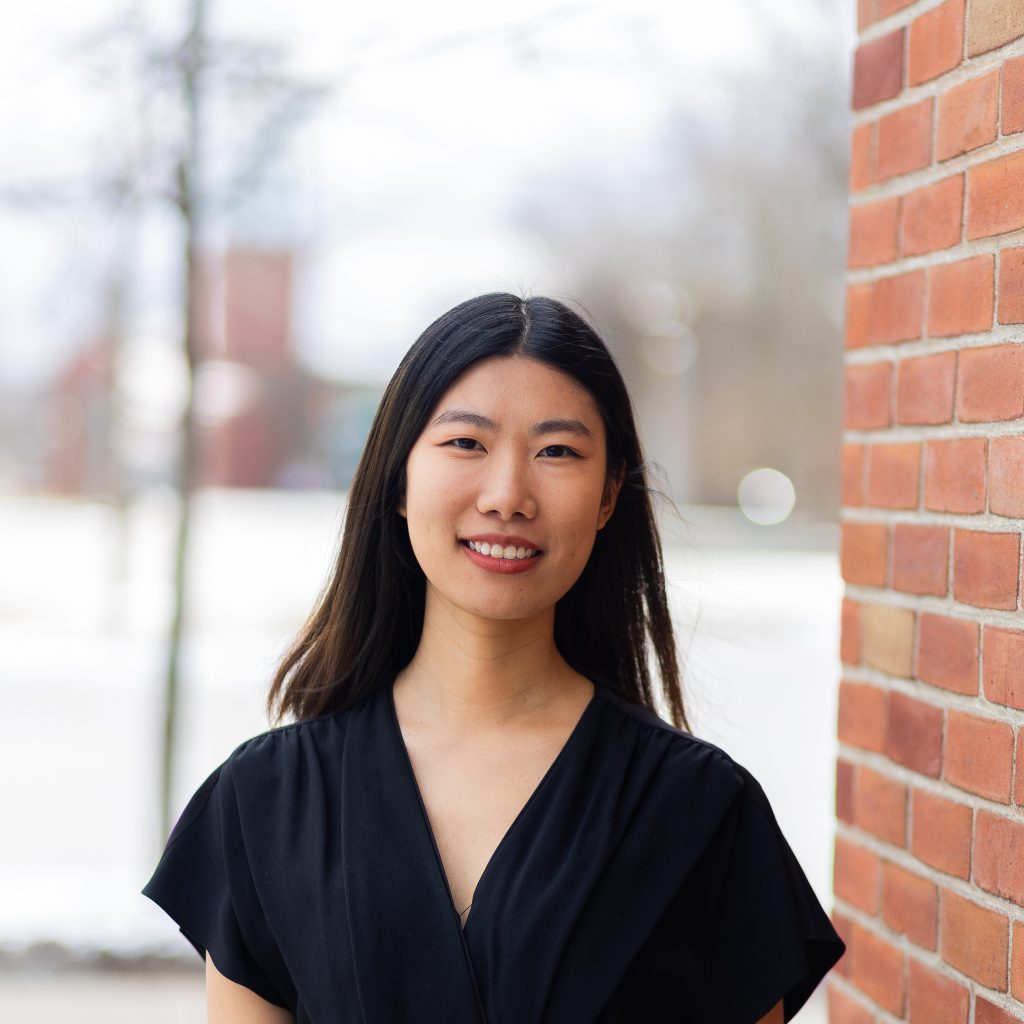Featuring six speakers, TEDxBinghamtonUniversity: Odyssey is centered around “breaking barriers and trailblazing forward toward a new future.” Yan Chen is a third-year Ph.D. candidate of industrial engineering at BU. In fall 2021, Chen started in the doctoral program with a focus on the biofabrication of multiscale vasculature networks for tissue engineering. She is currently the author of five research papers and has presented her research at three international conferences. Her interview responses have been edited for clarity.
Q: Could you tell me a bit about your journey leading up to where you are today?
A: “So I’m currently a Ph.D. student doing research where I use different techniques to fabricate artificial organ tissue for transplantation. That’s the ultimate goal and what I do starts at the very beginning [where] I have to find a way to create the scaffolds in the tissue.”
Q: What influences have affected your decision to work in your field of study?
A: “At first, there was not much influence. I got an offer, and I started to apply for it and I got accepted. Then I started my research and I really appreciate my professor and advisor because I had no idea about it before. He guided me, step by step, hand by hand so I could enjoy and show what I can do.”
Q: What has kept you motivated as you continue to pursue your academic journey?
A: “I think it’s like every time when I get some good results. I get very excited and like in normal life, people may have good things to share with others similar to how with my research. Every time I just want to share it with others.”
Q: Considering TEDx’s theme this year, what has been one of your biggest obstacles you have faced? How did you overcome it?
A: “Well, at first it was definitely the language because I am a non-native speaker. When we are writing academic papers, we need to make sure everything is correct at first and makes sense logically. So we need to revise them again, again [and] again. My professor definitely paid a lot of attention and effort into my writing. Also, aside from the writing, was the way to figure out the research itself like when the experiment didn’t let you finish the first time with much success. Many times if you are going to deal with cells, you are going to have to repeat it more than 10 times. If you get some bad results and you have a deadline, then that wouldn’t be a good time for you.”
Q: Could you explain what you hope to accomplish with your focus in tissue engineering? What do you hope will come out of this and who would it impact?
A: “To be honest, it’s hard to say now because I have one year left to graduate, and [I’m planning] to apply for an academic job but who knows. It is the future and I’m not sure where it will take me. One thing I’m definitely sure of is that wherever I go, I will put in all my effort.”



